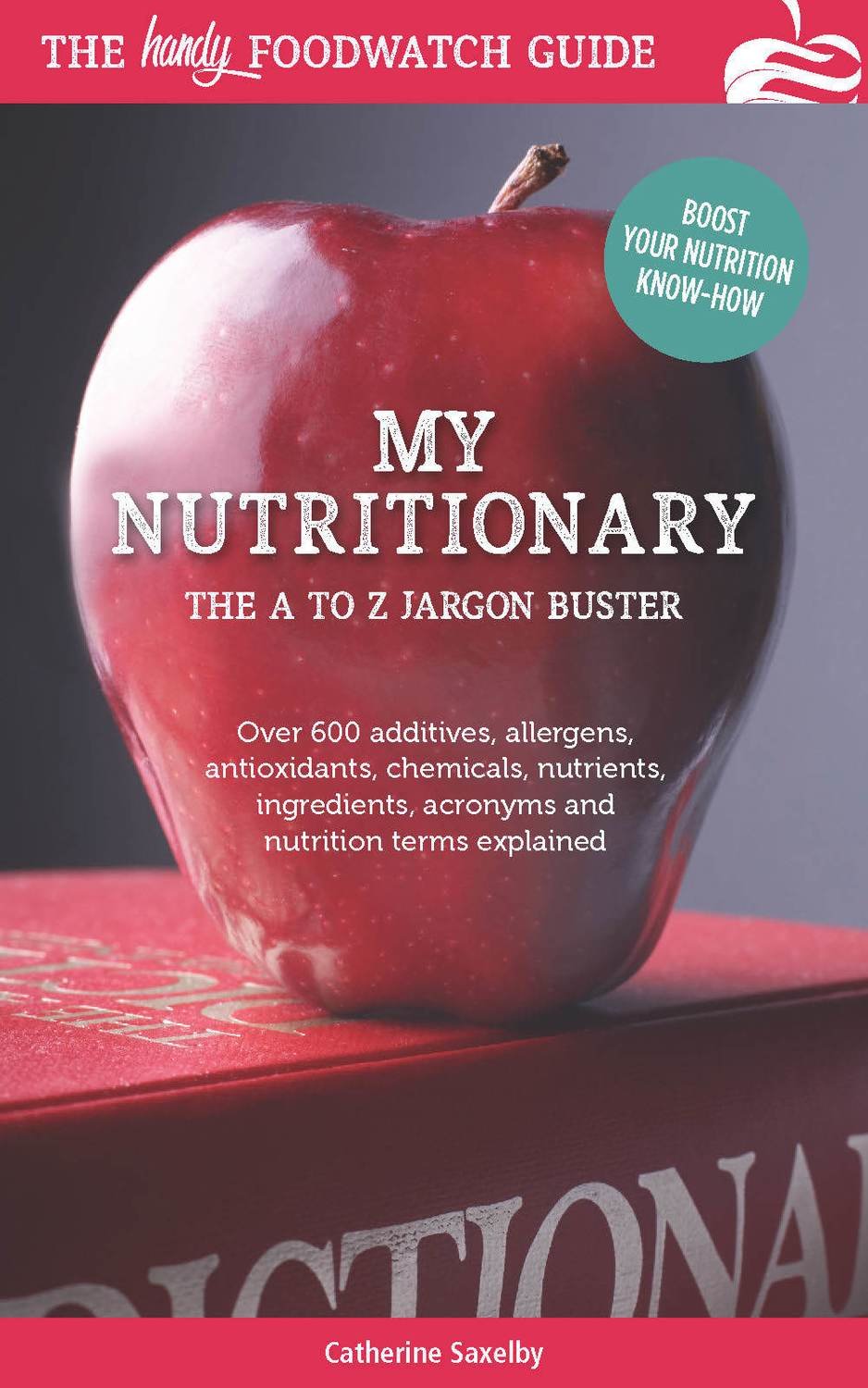Want to live longer? What should you eat?

According to the latest research published in the journal of Cell Metabolism by scientists at the Charles Perkins Centre at the University of Sydney, the optimal longevity diet is one “with moderate amounts of high quality protein (around 15 to 20 percent of total calorie intake), that is relatively low in fat and high in good quality complex carbohydrates…”
What did they research?
The researchers fed mice a variety of 25 diets and used an “innovative state-space nutritional modelling method to measure the interactive effects of dietary energy, protein, fat and carbohydrate on food intake, cardiometabolic health and longevity.”
The relevance of the research to humans
The research was performed on mice over a period of three years. The authors of the study, Professor Steve Simpson, Academic Director of the Charles Perkins Centre and Professor David Le Couteur, from the University's Charles Perkins Centre and Professor of Geriatric Medicine at Concord Hospital claim that, while at this stage only proven in mice, “…the results from the study accord with previous research in humans, but with a much larger number of dietary treatments and nutritional variables…”
This would seem to be borne out by other research by Morgan Levine et al, whose work was also published in Cell Metabolism, and which shows that low protein intake is associated with a major reduction in IGF-1 (Insulin-like Growth Factor 1, a naturally-occurring protein, similar to insulin, that stimulates growth during childhood and helps build and repair muscle tissue in adults). IGF-1 is also linked with more cancer and lower overall mortality in the under 65s, though not in those older than that.
- Their research suggests that “that low protein intake during middle age followed by moderate to high protein consumption in old adults may optimize healthspan and longevity.”
What can you take away from these studies?
The word that jumps out at me is ‘moderate’. The authors of the first study are advocating “moderate amounts of high quality protein” and those of the second study advocate “moderate to high” amounts for the over 65s.
The first study also advocates that the diet be “relatively low in fat and high in good quality complex carbohydrates”. The term “relatively low” is a little difficult to interpret but one would expect that the fat content of the diet should be lower in saturated and trans fats and higher in monounsaturates like olive oil.
Complex carbohydrates are unprocessed whole-food carbs like whole grains, legumes like chick peas and lentils, fruit and vegetables which provide dietary fibre, essential fatty acids, vitamins minerals and phytonutrients. And take chewing and time to eat.
The title of this research paper is The Ratio of Macronutrients, Not Caloric Intake, Dictates Cardiometabolic Health, Aging, and Longevity in Ad Libitum-Fed Mice and would seem to indicate that the high protein Calorie Restriction (CR) diets advocated by some people and high protein, high fat diets like Atkins are not, as they claim, the key to longevity.
The bottom line
What should you do for optimum health? Follow the moderation mantra! Moderate amounts of high quality, lean protein; eat smaller amounts of fat and sugar; and eat most of complex carbohydrates like fruit, vegetables and whole grains. Getting a sense of déjà vu? You should, because it's pretty much what most dietitians will tell you.




 Like what you've read so far?
Like what you've read so far?
